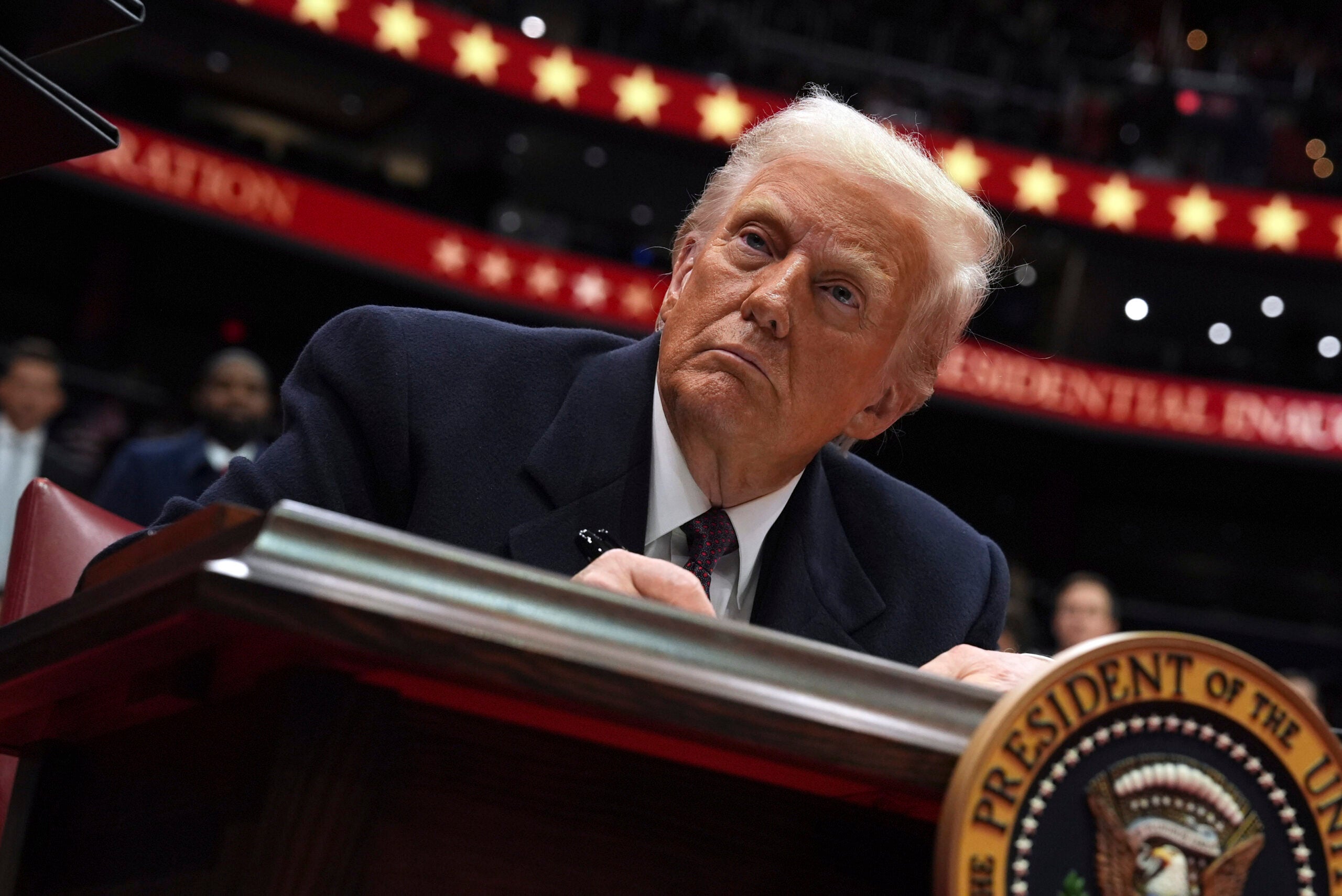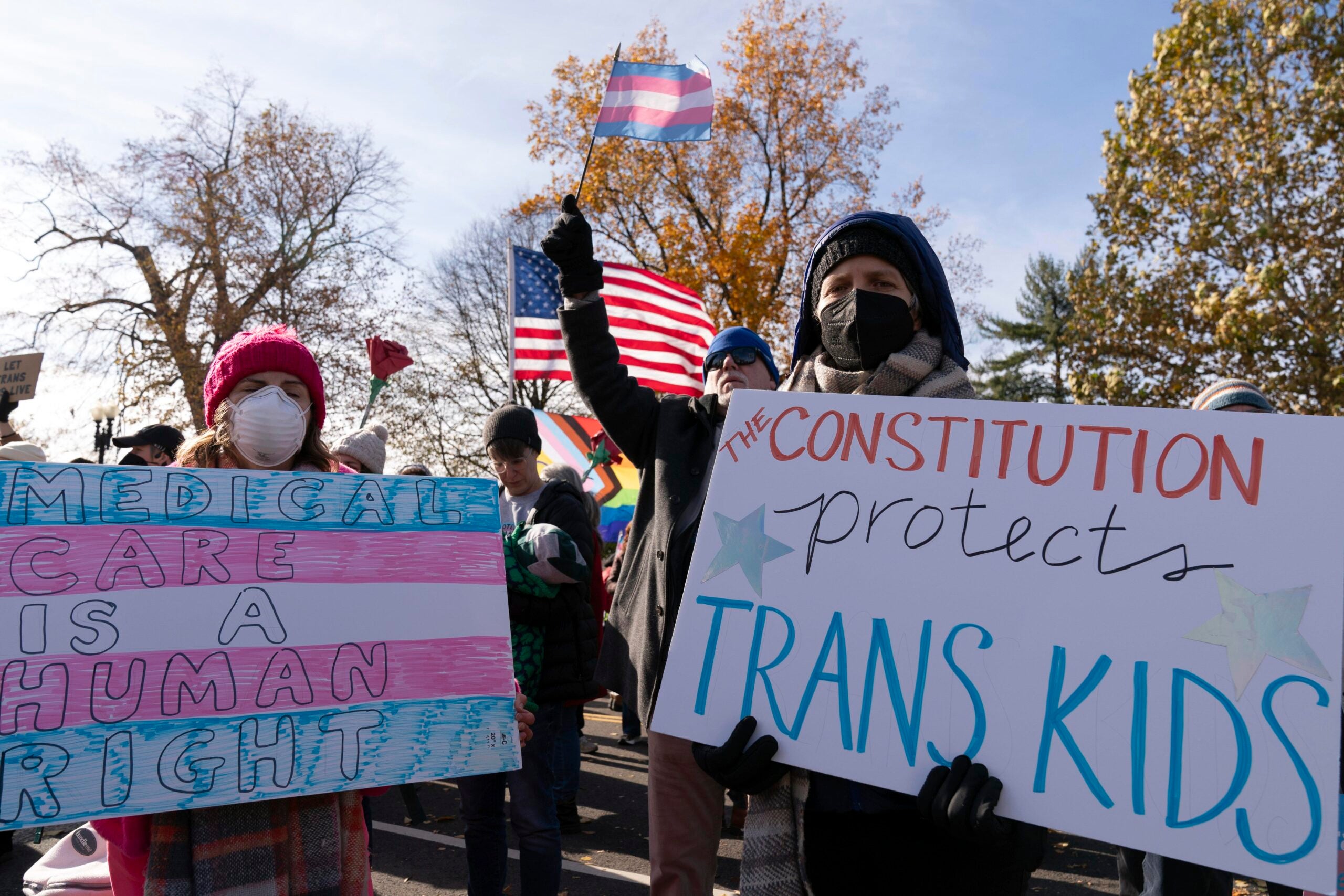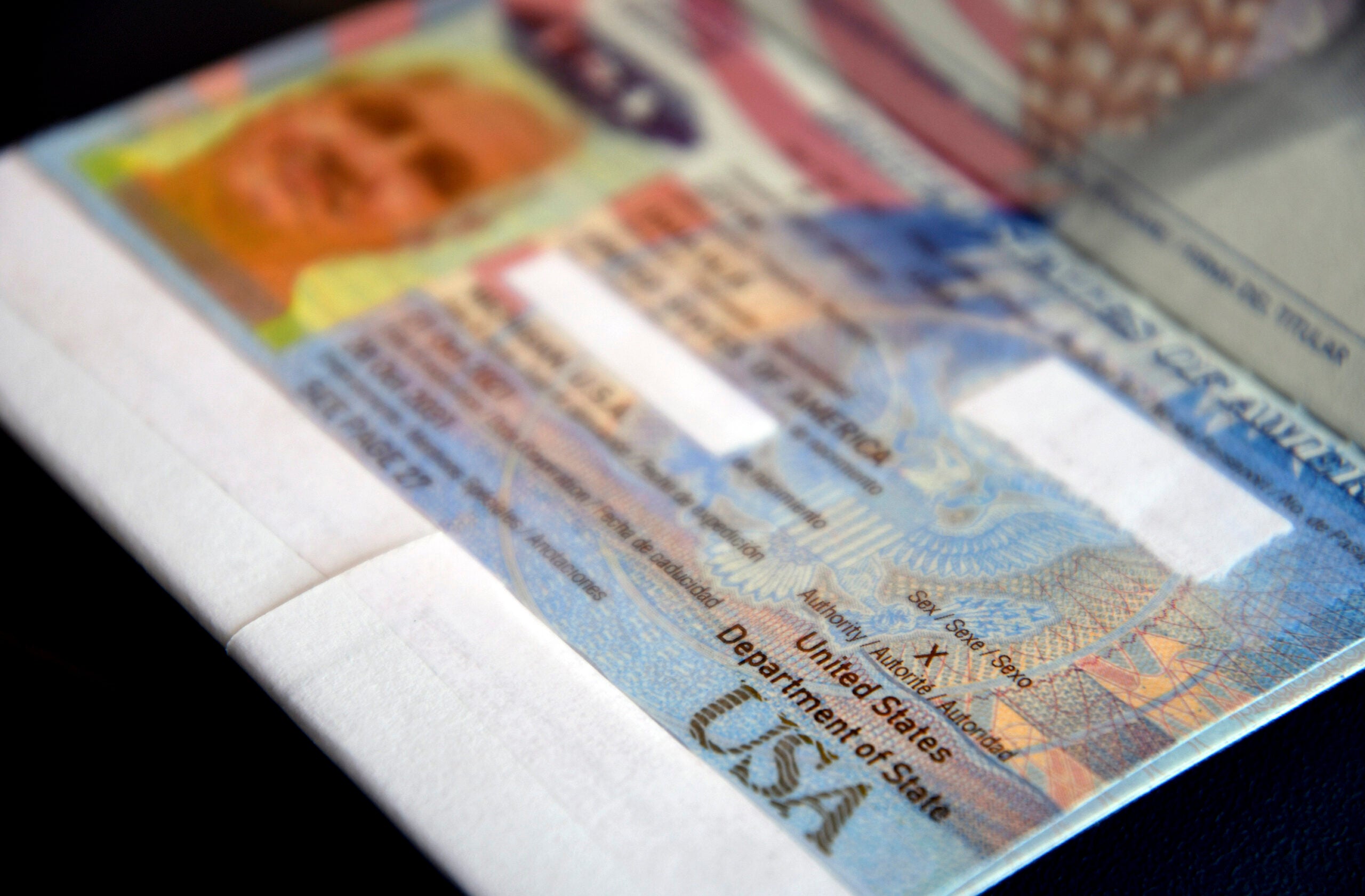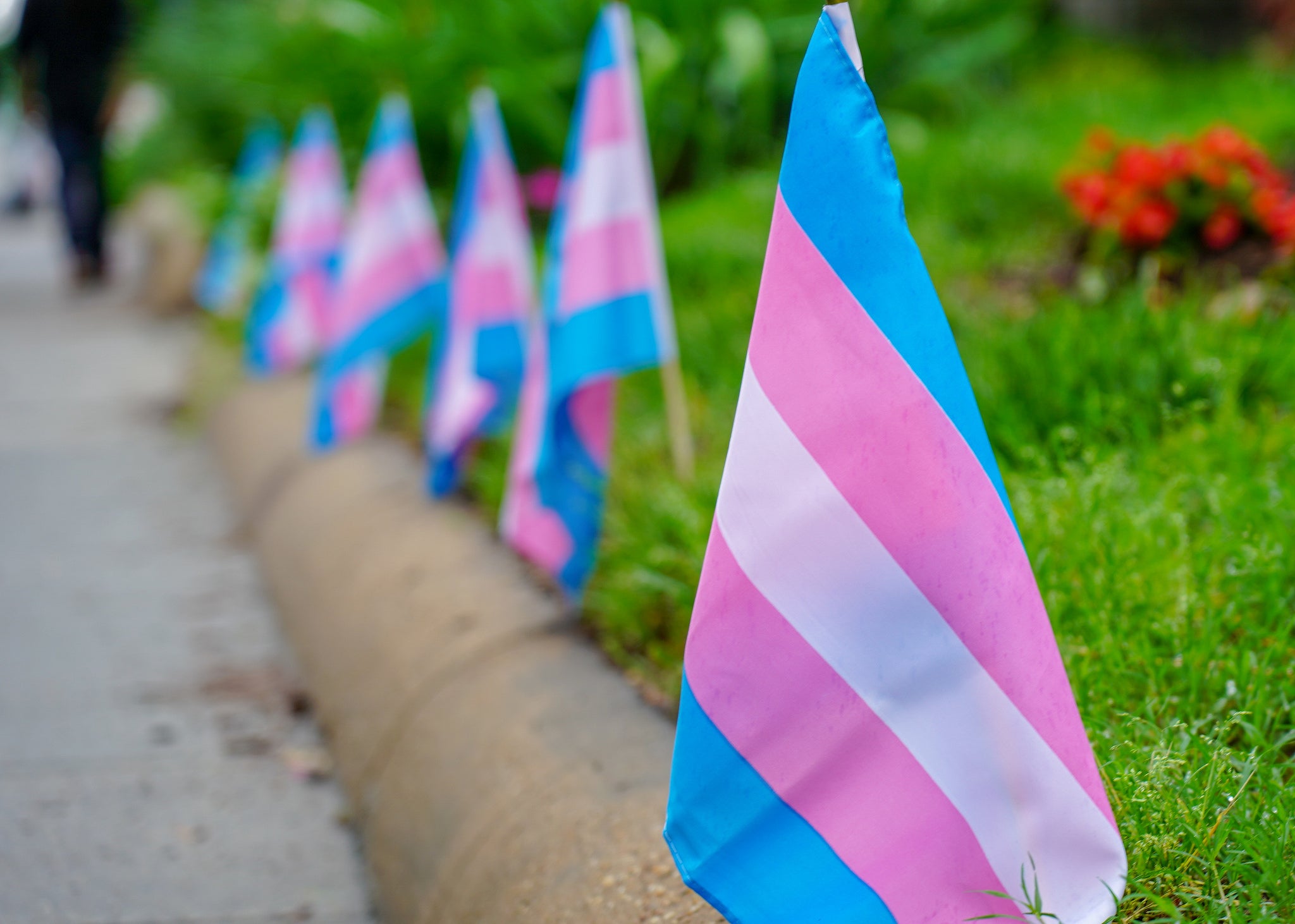Wisconsin LGBTQ+ advocates are mobilizing against President Donald Trump’s executive order declaring the federal government must recognize people by their biological sex instead of their gender identity.
The day one order defined “male” and “female” based on a person’s reproductive cells, and said that sex is unchangeable. It adds that gender identity is not a “replacement” for sex. The order rolls back protections for trans and nonbinary people, such as Title IX protections in public schools and federal ID policies under the Democratic Biden administration.
Wisconsin LQBTQ+ advocates say the federal administration is sending a message.
News with a little more humanity
WPR’s “Wisconsin Today” newsletter keeps you connected to the state you love without feeling overwhelmed. No paywall. No agenda. No corporate filter.
“When I look at this executive order, I know that the threat is real,” said Fair Wisconsin Executive Director Abigail Swetz.
But, she said, trans people aren’t going anywhere.
“Trans people are our family members and our neighbors and our co-workers,” Swetz said. “And an executive order cannot change that.”
Conservative lawyers applauded the order for restoring a two sex distinction they said anti-discrimination laws like Title IX originally intended. The Biden administration tried and failed to expand Title IX protections such that “sex discrimination” included discrimination on the basis of gender identity and sexual orientation.
The new order also says a person’s passport, visa or Global Entry card must “accurately reflect” their sex. As of 2022, Americans could select ‘X’ as a gender marker on their passports.
Trump’s supporters also said the order aims to protect women, in part by standing against protocols that allowed “men to self-identify as women” and access women-only spaces. For example, the order said people it defines as male can’t be housed in federal prisons or detention centers meant for women.
For Swetz, who said she expects many parts of the order to face legal challenges, federal prison placement is one policy that could change very quickly.
“This is so fast moving, so new,” Swetz said. “But to me, when I look at this executive order, that is one of the things that is concretely very, very dangerous.”
“It’s a population that is, I fear, more easily forgotten,” she added. “Because they are behind a wall and we do not see them, and they do not vote.”
Conservatives say order responds to voters’ rejection of ‘radical gender ideology’
Conservative lawyers have promised to defend Trump’s executive order, commending it for protecting women. Kim Hermann is the executive director at Southeastern Legal Foundation, a national conservative legal organization.
“We had seen during the Biden administration a change from sex to gender identity, which is a subjective standard that can mean anything. It took away those protections for girls.” Hermann said. “It allowed boys to go into girls’ locker rooms, it allowed boys to join girls’ sports teams, and it allowed boys to basically undermine and destroy the concept of womanhood at its core.”
She said the executive order makes clear for federal agencies and entities receiving federal funding that “sex means male and female, as it was intended to be.”
She added that the swift order comes in response to American concerns about “radical gender ideology.”
“This was so important, because we have parents out there that really went to the polls and voted Donald Trump into office because they wanted to see this out of our schools,” Hermann said. “And it’s not just in our schools. It has now crossed into every single aspect of our country.”
Liberal advocates see long legal fights ahead
Swetz recommends people contact Trans Law Help Wisconsin, Inc. with questions about documentation. She believes the executive order is limited to federal documents, like passports.
“If you are trans or non-binary and are worried about your documentation, reach out to state documentation first,” Swetz said.
Meanwhile, her organization is focused on how they can help people locally.
“With this federal administration, it is even more important than ever to really be focused on our rights and protections at the state and local and school district level,” Swetz said.
She hopes Wisconsin’s spring elections will help “beef up our protections.”
Wisconsin Public Radio, © Copyright 2025, Board of Regents of the University of Wisconsin System and Wisconsin Educational Communications Board.







